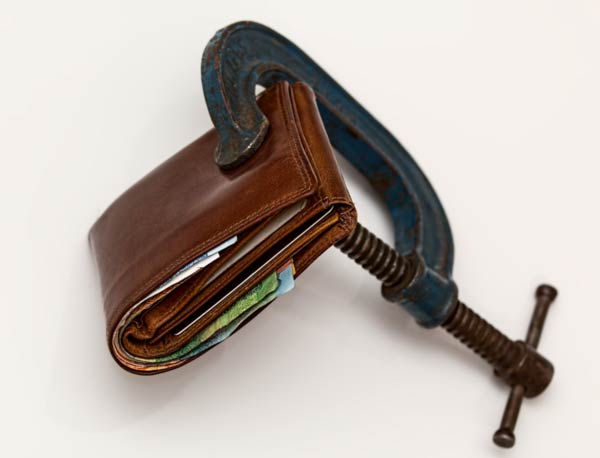
No one enjoys filing for bankruptcy, but if you have to file, it will usually be through chapter 7 or chapter 13. But what is the difference? Let’s take a look.
Chapter 7 Bankruptcy
This method of bankruptcy is the one most people are familiar with, this involves completely wiping out your unsecured debt such as credit cards or medical bills. In order to qualify for this type of bankruptcy, you must have little to no disposable income. A trustee is appointed to those folks who file for Chapter 7 bankruptcy. This person is in charge of two things in general; reviewing the clients’ bankruptcy papers and supporting documents, and selling back your non-exempt property to pay back the creditors. However, there are times when the debtor does not have the assets or the disposable income to pay back the creditors, in which case the creditors will receive nothing. So as seen, in the case of Chapter 7 bankruptcy, this usually goes towards people who want to get rid of their debts, but have almost no means to pay for it.

Chapter 13 Bankruptcy
Whereas as Chapter 7 Bankruptcy is liquidation bankruptcy, the Chapter 13 is a reorganization of a person’s debts. This is simply because the debtor has a steady flow of income but does not want to give up their assets. The usual case is that the debtor makes too much/ has a steady flow of income to pay, most of your property will be seized and for their debts, so assets are not liquidated. In Chapter 7, most of your property is seized and taken to pay back the collectors, but in the Chapter 13 Bankruptcy, the debtor is able to keep the property, and catch up on their mortgage, car and non-dischargeable priority debt payments.
Nick Del Pizzo is a lawyer located in Dundalk, Maryland. The Nick Del Pizzo

